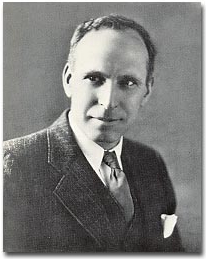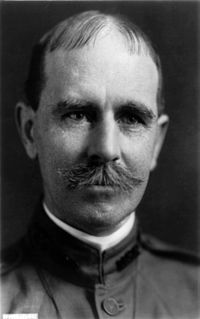A Quote by Marcus Tullius Cicero
Let the force of arms give place to law and justice.
Related Quotes
Law is justice. And it is under the law of justice - under the reign of right; under the influence of liberty, safety, stability, and responsibility - that every person will attain his real worth and the true dignity of his being. It is only under this law of justice that mankind will achieve - slowly, no doubt, but certainly - God's design for the orderly and peaceful progress of humanity.
And, lastly, to vindicate these rights, when actually violated and attacked, the subjects of England are entitled, in the first place, to the regular administration and free course of justice in the courts of law; next to the right of petitioning the king and parliament for redress of grievances; and, lastly, to the right of having and using arms for self preservation and defense.
Law and justice are from time to time inevitably in conflict ... . The jury ... adjusts the general rule of law to the justice to the particular case. Thus the odium of inflexible rules of law is avoided, and popular satisfaction is preserved ... That is what jury trial does. It supplies that flexibility of legal rules which is essential to justice and popular contentment.










































